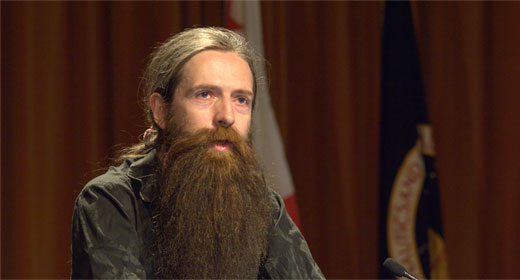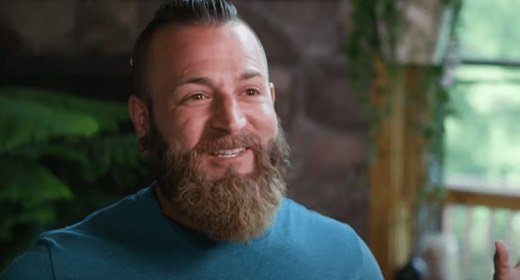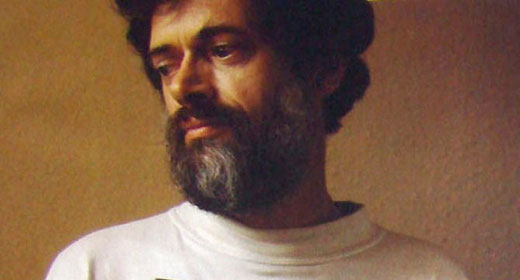by Aubrey de Grey: Google’s Calico project means that hearts and minds have been convinced that we can defeat aging. To paraphrase Churchill’s words following the Second Battle of El Alamein: Google‘s announcement about their new venture to extend human life, Calico, is not the end, nor even the beginning of the end, but it is, perhaps, the end of the beginning.

Since the dawn of civilization, humanity has been enslaved by the knowledge that no lifestyle choice, no medicine, no quirk of fate can enable anyone to live for more than a few decades without suffering progressive, inexorable decline in physical and mental function, leading inevitably to death. So soul-destroying has this knowledge been, for almost everyone, that we have constructed our entire society and world view around ways to put it out of our minds, mostly by convincing ourselves that the tragedy of aging is actually a good thing. And why not? After all, why be preoccupied about something one cannot affect?
And yet, there have always been those few who aimed high: who were not cowed by this fear, but who instead found fulfilment in dedicating their lives to the crusade to bring aging under some kind of medical control. The earliest of those efforts may seem almost laughable to us today in their naivety, but that is the nature of the initial, exploratory phase of any pioneering technological quest.
The exploratory phase never ends cleanly, but rather by a series of fits and starts: leaps of faith that a judicious combination of tried and tested elements can deliver more than the sum of its parts. Often that faith is misplaced and the design fails, but that’s still progress: what is learned from the failure goes to inspire the next design, and success is eventually achieved. And so it will be with the development of medicine to maintain youth. As with any technological goal that is high on humanity’s priorities and is consistent with the laws of physics, it’s just a matter of time.
As little as 20 years ago, when I joined the pitifully small band of academics who call themselves biogerontologists, the prospects for defeating aging were so bleak that it was widely considered unscientific even to discuss it: according to the respectable view, our only option was to continue discovering more about the nature of aging until, by some miracle in the distant future, our body of knowledge took sufficient shape to reveal a route to intervention. A string of advances in the late 1990s, mostly made by researchers not focused on aging per se, changed that: it allowed, for the first time, the formulation of a realistic divide-and-conquer strategy against mankind’s most formidable foe. Many components of this strategy were at a dauntingly early stage of development, but all could be described in sufficient detail to offer hope for foreseeable success. As so often in science, many established luminaries voiced skepticism, and some still do; but the plan progressively attracted the support of world-leading experts in all the relevant disciplines, and as it has done so, funding —albeit far too little to maximise the rate of progress —has materialized too.
Now is the right time for a commercial entity to get heavily involved. One of the key activities of SENS Research Foundation, as a non-profit, is proof-of-concept research on key components of the anti-aging arsenal that are still too early-stage to constitute an attractive business proposition for all but the most visionary investors. But we’ve always made clear that our ultimate goal is to kick-start a real anti-aging industry: not the essentially cosmetic industry that goes by that name today, but a bona fide rejuvenation biotechnology industry, providing people with truly comprehensive restoration and preservation of youthful mental and physical function however long they live. And yes, one side-effect of this advance—a side-effect that we should all celebrate —is that most people will live a great deal longer than today, and will do so in the prime of health.
The “beginning of the beginning” of the war on aging began in the 1990s. Since then, the battle for hearts and minds as to that quest’s feasibility—especially among the high-profile academics who occupy the pinnacle of opinion-formation—has been proceeding at full tilt. With Google’s decision to direct its astronomical resources to a concerted assault on aging, that battle may have been transcended: once financial limitations are removed, curmudgeons no longer matter. That’s why I think it is no exaggeration to state that the end of the beginning may have arrived. I won’t go so far as to say that my crusading job is done, but for sure it just got a whole lot easier.









































